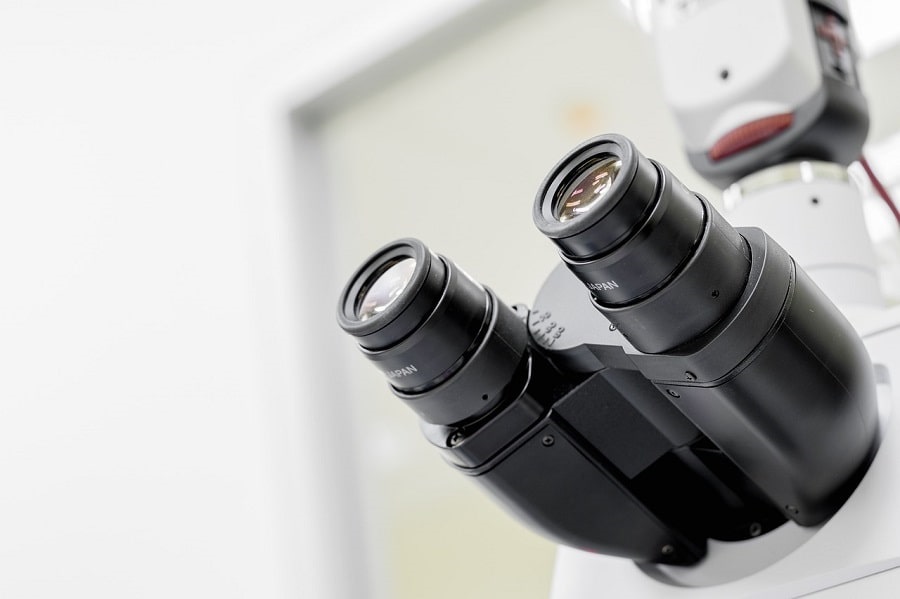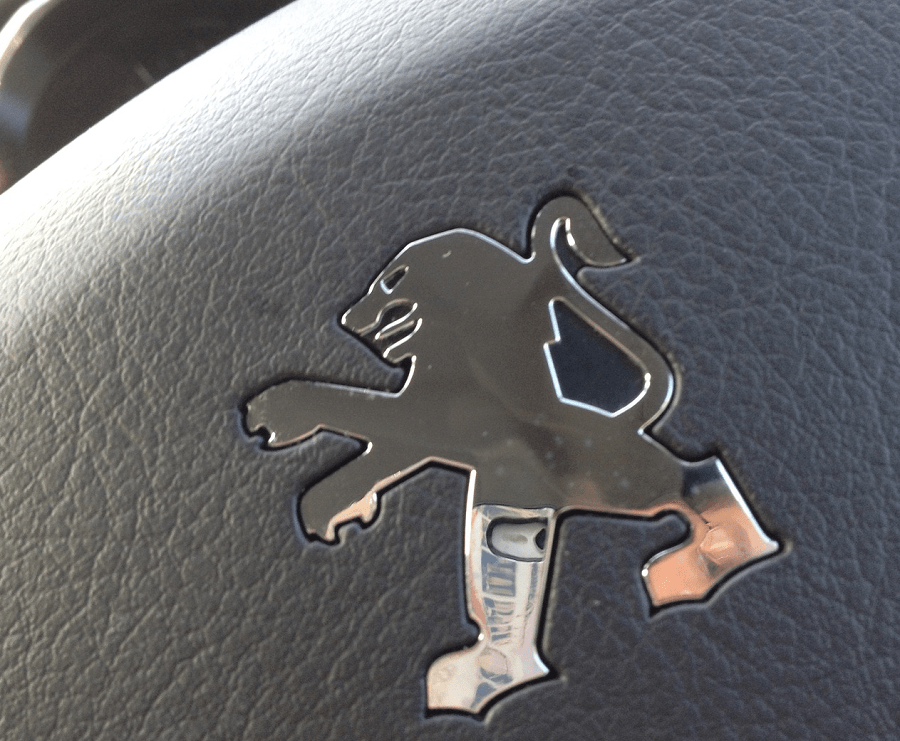The University of Barcelona (UB), Catalonia, Spain, starts a new scientific campaign in the Arctic.
The aim is to delve into the recent climate variability in Greenland —characterized by temperature rise and acceleration of ice loss—, to see whether they respond to a pattern that has been already recorded in previous millennia or if they correspond to the amplified effects of climate change. The campaign is carried out as part of the NEOARCTIC project, led by Marc Oliva, associate professor at the UB’s Department of Geography in Barcelona.
The researchers will be in the western part of Greenland from mid-August to mid-September. Specifically, they will work in the western part of the ice cap in Greenland, 80 km north of Ilulissat. One of the tasks they will conduct is the reconstruction of the advances and regressions of the glaciers as a response to the changing climate conditions. The researchers want to understand the geo-ecological changes in the soils, waters and plants, which are occurring at the recently melting edges in Greenland. It should be noted that approximately 20% of Greenland does not have ice anymore and this melting surface is expected to increase over the next decades.
Moreover, a week before the expedition, Marc Oliva will record a documentary on the Inuit life in northwest Greenland and about the challenges these communities have to face. The filming is part of the GreenLife project, funded by AXA Research Fund.
NEOARCTIC – “Reconstruction of Neoglacial oscillations and climate variability in Greenland and Iceland” is a project by the Spanish Ministry of Economy and Competitiveness led by the UB’s Department of Geography. This summer’s campaign organization counts on the support from the Vice-rector’s Office of Research of the UB and it includes the participation of researchers from the Complutense University of Madrid, the University of Santiago de Compostela, the University of Valladolid, and the CSIC Pyrenean Institute of Ecology.
See also TOP universities of Spain











